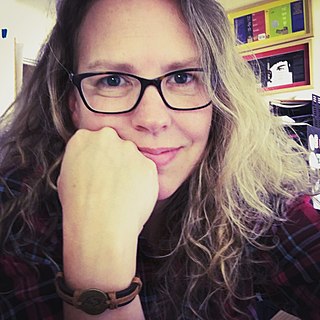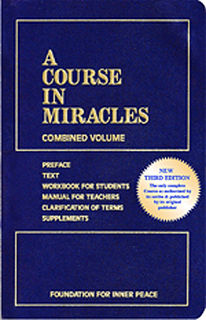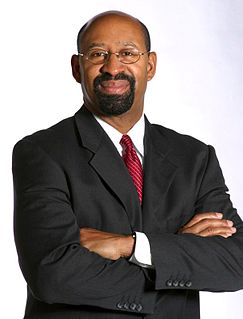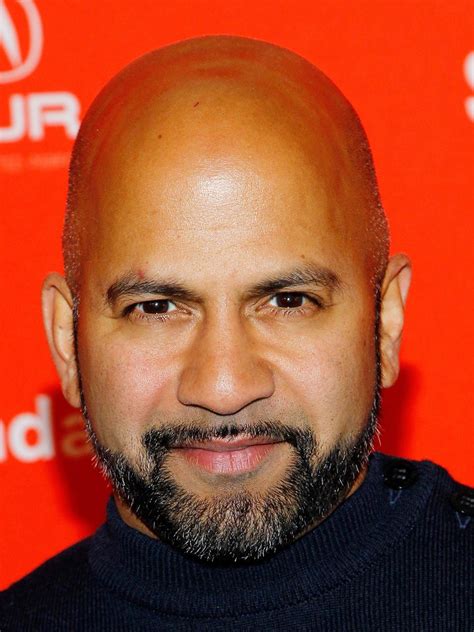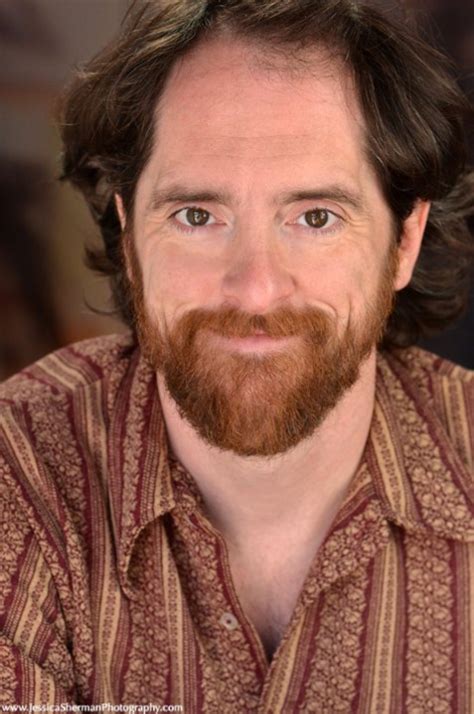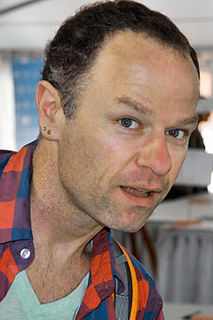A Quote by Colin Powell
I will look for a candidate, Republican or Democrat, who seems to be on the way or understands how to resolve the economic difficulties we're having, how to do something about unemployment, how to make sure that we free up our businesses and we don't over-regulate ourselves.
Related Quotes
How do we define, how do we describe, how do we explain and/or understand ourselves? What sort of creatures do we take ourselves to be? What are we? Who are we? Why are we? How do we come to be what or who we are or take ourselves to be? How do we give an account of ourselves? How do we account for ourselves, our actions, interactions, transactions (praxis), our biologic processes? Our specific human existence?
Before I ran for District Attorney, two Republicans invited my husband and me to lunch. And I knew a party-switch was exactly what they wanted. So, I told Chuck, we'll be polite, enjoy a free lunch and then say goodbye. But we talked about issues - they never used the words Republican, or Democrat, conservative or liberal. We talked about many issues, like welfare - is it a way of life, or a hand-up? Talked about the size of government - how much should it tax families and small businesses? And when we left that lunch, we got in the car and I looked over at Chuck and said, "I'll be damned, we're Republicans."
How you experience your life depends on how you look at it. If you look at it as a constant stream of difficulties and challenges, messes and problems, it will show up that way. If, on the other hand, you see it as a continuing flow of good fortune, one good thing after another, that is what you will encounter.
But the economic meltdown should have undone, once and for all, the idea of poverty as a personal shortcoming or dysfunctional state of mind. The lines at unemployment offices and churches offering free food includes strivers as well as slackers, habitual optimists as well as the chronically depressed. When and if the economy recovers we can never allow ourselves to forget how widespread our vulnerability is, how easy it is to spiral down toward destitution.
Look at our culture. Look at the computer-enhanced people we compare ourselves to. Look at the expensive cars and trinkets we're all supposed to have. Look at how many people are wrapped up in that! Imagine how much money and worry we'd save ourselves if we stopped caring what kind of car we drove! and why do we care? perfection. But there is no such thing, is there? And if there is, then everyone is perfect in their own way, right?
The way you will experience and feel about yourself is not determined by how other people look and feel about you. The way that you will experience and feel about yourself is actually determined by how YOU look at and think about THEM. Whatever we think about others is really like sending a message about ourselves to our self.
I know well, Monsieur, how much you have to endure in your present duty, and I ask Our Lord to strengthen you in your difficulties. It is in such circumstances that we acquire virtue; where there is no suffering, there is little merit. My wish is that God may grant us great indifference with regard to duties. O Monsieur, how sure we would then be of doing His Holy Will, which is our sole aspiration, and how much peace and contentment we would enjoy, or so it seems to me!
Politicians are enormously smart and rational. They don't have the same interests as businessmen ... But a man rises to the top of the United States. He's clawed his way out of 330 million people. OK. He didn't do that because he was dumb, or lucky, or something like that. He understands power. And he understands how to take it. And he understands how to keep it.
The deeper reality is that I’m not sure if what I do is real. I usually believe that I’m certain about how I feel, but that seems naive. How do we know how we feel?…There is almost certainly a constructed schism between (a) how I feel, and (b) how I think I feel. There’s probably a third level, too—how I want to think I feel.
A stranger can see in an instant something in you that you might spend years learning about yourself. How awful we all are when we look at ourselves under a light, finally seeing our reflections. How little we know about ourselves. How much forgiveness it must take to love a person, to choose not to see their flaws, or to see those flaws and love the person anyway. If you never forgive you’ll always be alone.






